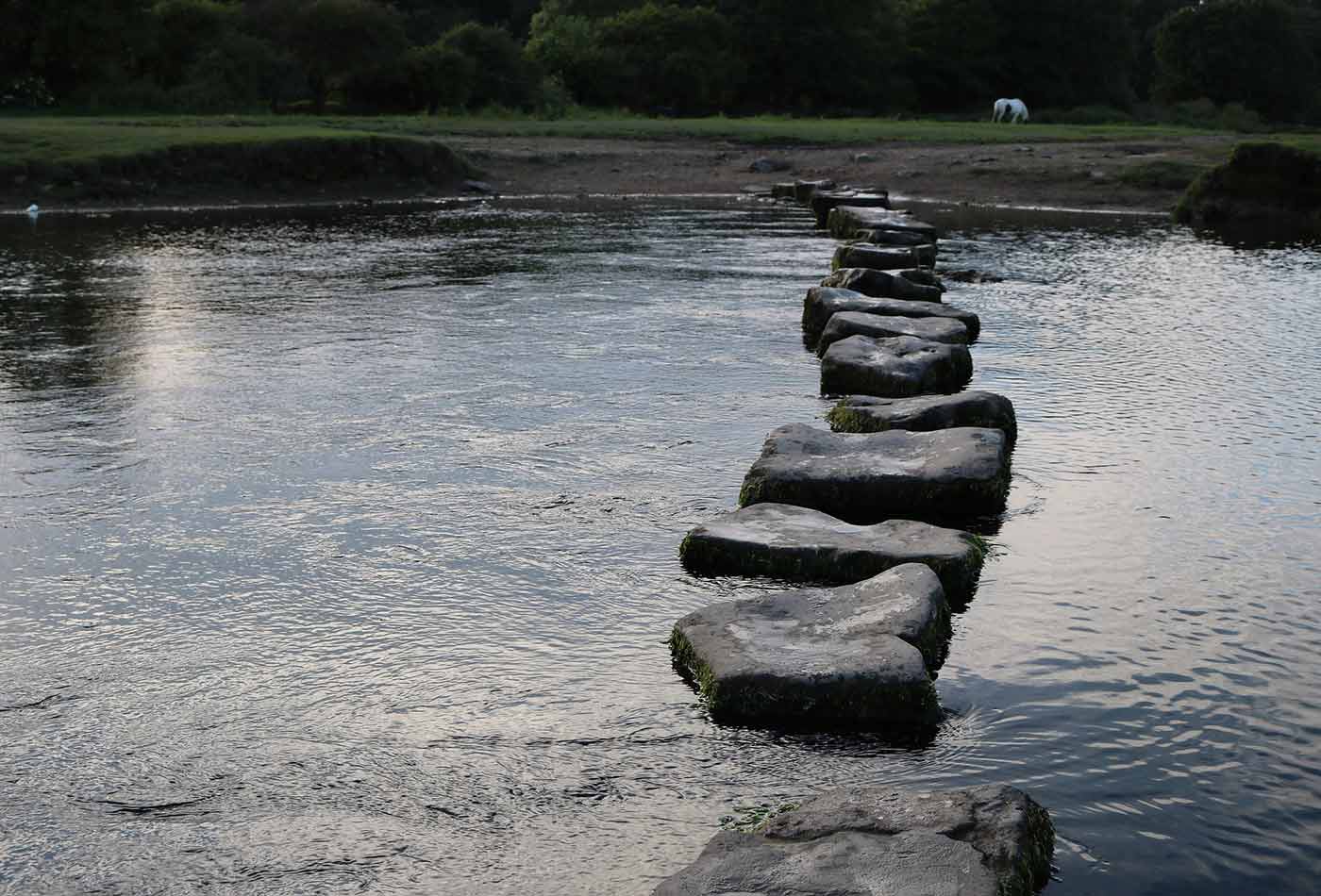Jack Daniel on building community and historical context in InfoSec
The O'Reilly Security Podcast: The role of community, the proliferation of BSides and other InfoSec community events, and celebrating our heroes and heroines.
 Natural path (source: Pixabay)
Natural path (source: Pixabay)
In this episode of the Security Podcast, I talk with Jack Daniel, co-founder of Security Bsides. We discuss how each of us (and the industry as a whole) benefits from community building, the importance of historical context, and the inimitable Becky Bace.
Here are some highlights:
The indispensable role and benefit of community building
As I grew in my career, I learned things that I shared. I felt that if you’re going to teach me, then as soon as I know something new, I’ll teach you. I began to realize that the more I share with people, the more they’re willing to share with me. This exchange of information built trust and confidence. When you build that trust, people are more likely to share information beyond what they may feel comfortable saying in a public forum and that may help you solve problems in your own environment. I realized these opportunities to connect and share information were tremendously beneficial not only to me, but to everyone participating. They build professional and personal relationships, which I’ve become addicted to. It’s a fantastic resource to be part of a community, and the more effort you put into it, the more you get back. Security is such an amazing community. We’re facing incredible challenges. We need to share ideas if we’re going to pull it off.
Extolling InfoSec history with the Shoulders of InfoSec
I realized a few years ago that despite the fact I was friends with a lot of trailblazers in the security space, I didn’t have much perspective on the history of InfoSec or hacking. I recognized that I have friends like Gene Spafford and the late Becky Bace who have seen or participated in the foundation of our industry and know many of the stories of our community. I decided to do a presentation a few years ago at DerbyCon that introduced the early contributors and pioneers who made our industry what it is today and built the early foundation for our practices. I quickly realized that cataloging this history wasn’t a single presentation, but a larger undertaking. This is why I created the Shoulders of InfoSec program, which shines a light on the contributions of those whose shoulders we stand on.
The idea is to make it easy to find a quick history of information security and, to a lesser extent, the hacker culture. As Newton actually paraphrased, if he has seen farther, it’s by standing on the shoulders of giants, and we all stand on the shoulders of giants.
The inimitable Becky Bace
Becky was known as the den mother of IDS, for her work fostering and supporting intrusion detection and network behavior analysis. But even beyond her amazing technical expertise and contributions, Becky gave the best hugs in the world. She was just an amazingly warm, friendly, and welcoming person. One of the things that always struck me about Becky is the number of people she mentored through the years, and the number of people whose careers got a start or a boost because of Becky. She was just pure awesome. She would go out of her way to help people, and the more they needed help, the more likely she would be to find them and help them.
She came from southern Alabama, and when she came north to the D.C. area, her dad said, ‘You can go up north and get a job and marry a Yankee, but when you’re done doing that, I want you to come home because, remember, we need help down here.’ For those who don’t know, when she left her consulting practice, she went to the University of South Alabama—not even University of Alabama, but the University of South Alabama—and set up a cyber security program. She was bringing cyber security education to people who otherwise wouldn’t get it and she built a fantastic program. She did it because she promised her dad she would.
